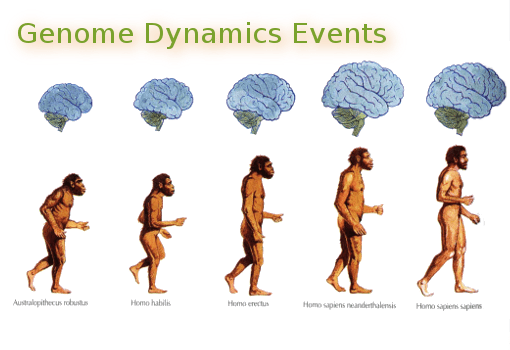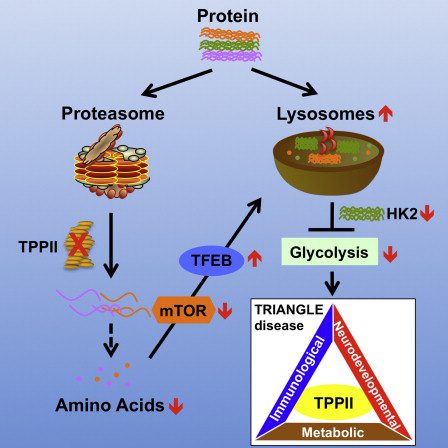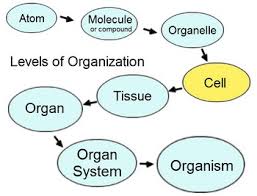Hydrogen-atom transfer in DNA base pairs (5)

Can Anybody Actually Win The Evolution 2.0 Prize? January 18, 2016 at 9:44 pm In an invited review of nutritional epigenetics, I linked atoms to ecosystems without the pseudoscientific nonsense touted by neo-Darwinists. Kohl, James V. (2014): Nutrient-dependent pheromone-controlled ecological adaptations: from atoms to ecosystems. The invited submission was returned without review. When I provide … Hydrogen-atom transfer in DNA base pairs (5)






